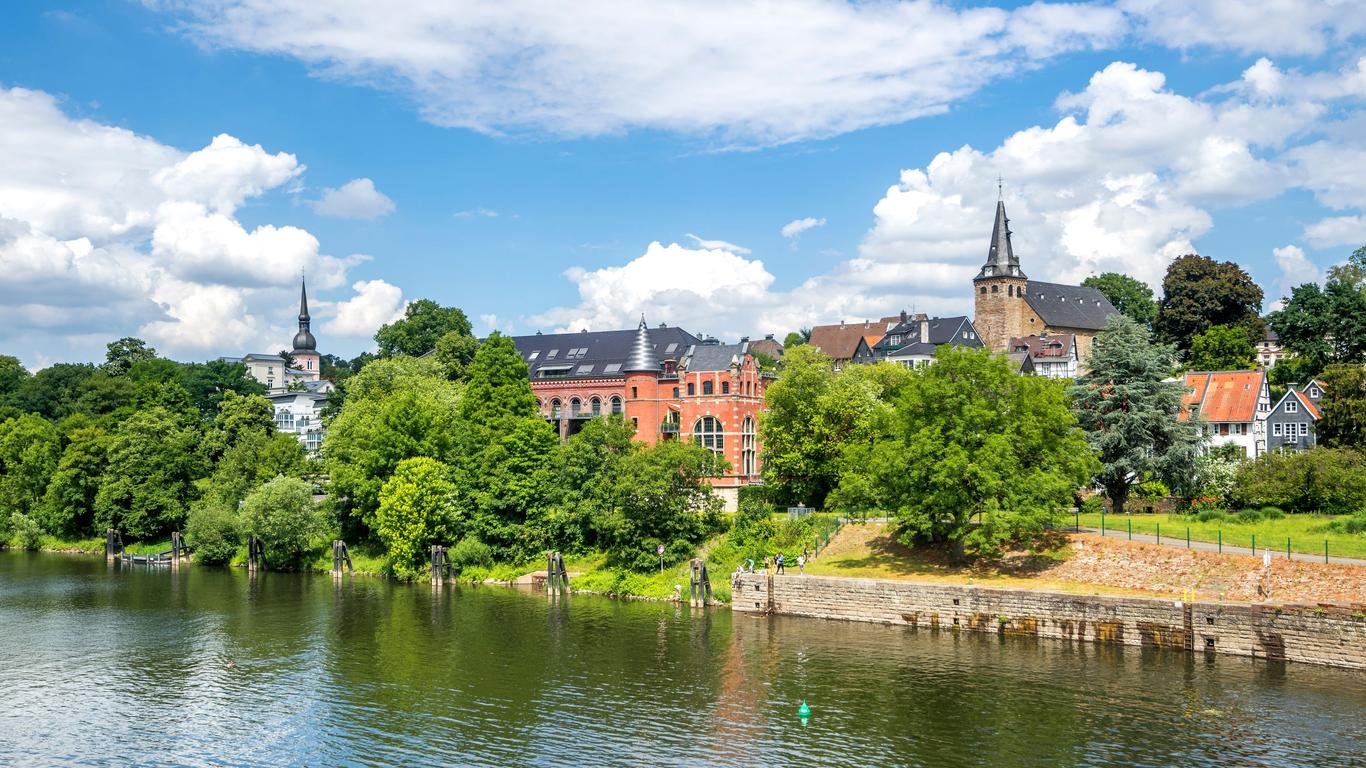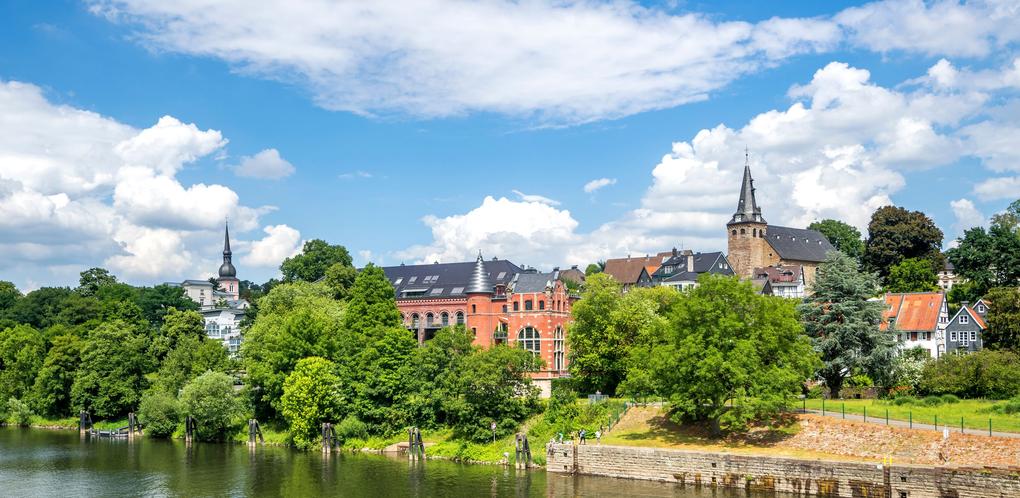1. UNESCO-Welterbe Zollverein: A UNESCO World Heritage Site
This former industrial site is part of the European Route of Industrial Heritage. First developed in 1847 as a coal mine, it remains open as a monument to the coal industry which created one of the world's largest industrial centers at the time. The complex, and Shaft 12 in particular, is considered an impressive example of industrial and architectural design. The Ruhr Museum is located in the former Coal Washery, and includes over 6,000 exhibits relating to the history of coal mining in the area, along with temporary exhibits, and a calendar of events.
2. Museum Folkwang: Turning Mines and Factories into Masterpieces
Located in the southern half of Essen, the Folkwang houses an exceptional modern art collection. When Essen and the surrounding area ruled the roost in German industry, local magnates put together an incredible hoard of masterpieces, including over 340,000 political, cultural, and sporting posters, expressionist works by German masters like Franz Marc, modernist pieces by Joan Miro, and 19th century paintings by icons like Van Gogh. Recently refurbished with the help of major architect David Chipperfield, the museum is a thriving artistic center.
3. Essener Dom: A Miracle of Reconstruction
Although it might seem like a classical Gothic cathedral (which is what it used to be), Essen's cathedral actually has a much more impressive story. During World War II, the church was destroyed by Allied bombers. After the war, the locals got together to reconstruct it, brick by brick, before restoring its artworks to create a magnificent symbol of civic revival. Venture inside to see some wonderful works, including the Golden Madonna, thought to be the oldest sculptural depiction of the Virgin Mary north of the Alps, as well as the 11th century candelabrum.
4. Botanischer Garten Grugapark: A True Garden of Delights
Southern Essen's tourist highlight is definitely the Grugapark. This botanical wonderland was laid out in 1927 as an educational institution. Nowadays, it's still a busy research center, but is also a feast of flowers, cacti, and other natural delights. The bonsai garden is an obvious standout, but it's just great fun (and incredibly relaxing) to tour the themed sections, which stretch from Mediterranean orange groves through to American forest valleys and Alpine natives. There's also the Musikpavillion next door, where Sunday jazz concerts attract big crowds throughout the summer.
5. Alte Synagoge: An Absorbing Testament to Essen's Jewish Community
There aren't many more powerful monuments to the Holocaust than Essen's Alte Synagogue. Opened in 1913, the synagogue had 5,000 members in 1933, making it one of the largest congregations in Europe. Nowadays, following the atrocities of World War II, the synagogue has helped to spearhead a Jewish renaissance in modern-day Essen. A lively meeting point for people of all faiths, it houses a fascinating museum of Jewish culture, covering everyday life and worship, as well as the history of the building itself.


